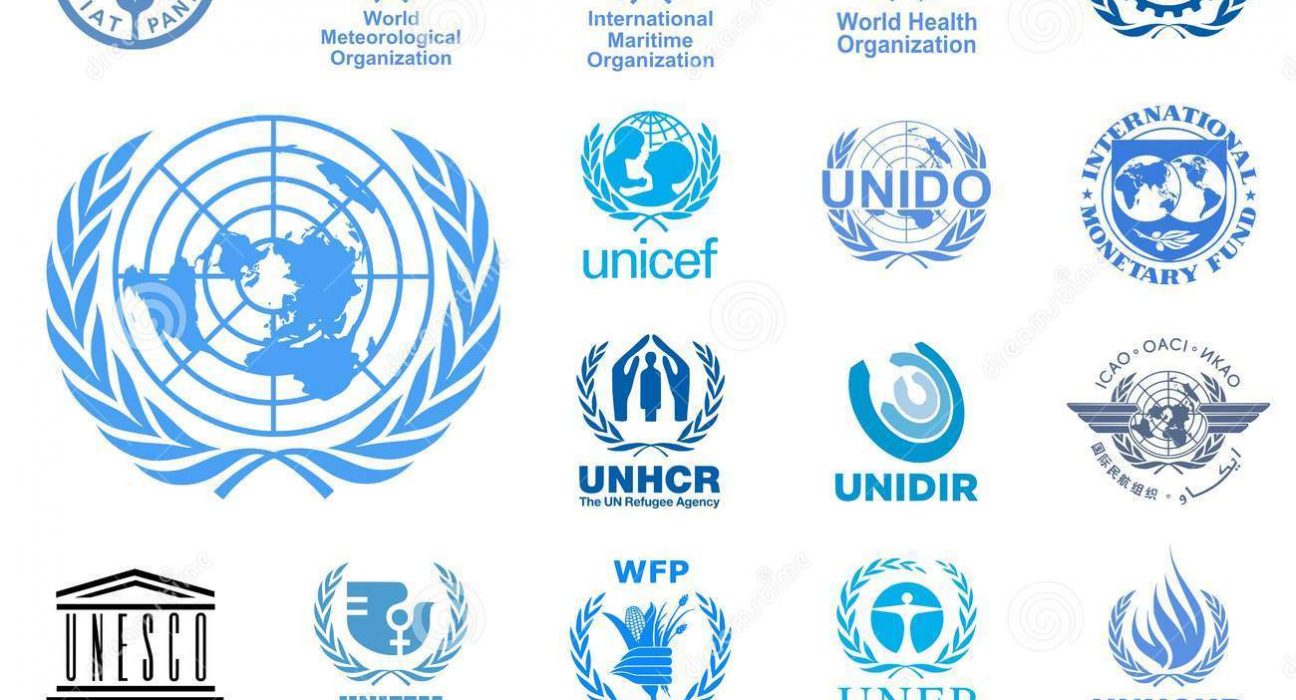The hunger and malnutrition crisis in South Sudan has escalated, fuelled by climate-induced disasters like flooding alongside civil strife, the United Nations agencies said on Thursday.
The World Food Programme (WFP), the Food and Agriculture Organisation of the United Nations (FAO) and the UN Children’s Fund (UNICEF) said in a joint statement in Juba, South Sudan, that 62.7 per cent or 7.76 million people in South Sudan could face acute food insecurity from April to July 2023 due to a combination of climatic shocks and conflict blighting the world’s youngest republic.
The UN agencies said the proportion of people facing acute food insecurity and malnutrition has surpassed the levels witnessed between 2013 to 2016 when South Sudan was in the grip of civil strife
Other factors that have fueled hunger and malnutrition in the country include poor macroeconomic conditions, spiralling cost of food and fuel linked to the Ukraine conflict alongside the decline in funding for humanitarian programs.
“South Sudan is on the frontlines of the climate crisis and day in, day out families are losing their homes, cattle, fields, and hope to extreme weather,” Makena Walker, acting WFP Country Director in South Sudan said.
“Without humanitarian food assistance, millions more will find themselves in an increasingly dire situation and unable to provide even the most basic food for their families,” she added.
Meshack Malo, FAO Representative in South Sudan, noted that extensive flooding in central parts of the country has worsened the hunger crisis, adding that livelihood support was crucial to help stave off mass starvation.
According to Malo, despite producing 840,000 tons of cereals in 2021, South Sudan is grappling with a deficit of 541,000 tons which can be bridged once farmers are provided with quality seeds and manure.
There has been some marginal improvement in food security across some parts of South Sudan though all counties except one have demonstrated a decline in nutrition status which could prolong till mid-2023, Jesper Moller, UNICEF Acting Representative in South Sudan said.
Moller added that the population of malnourished children in South Sudan has increased, adding that emergency nutritional support was urgent to shield them from starvation.
Beysolow Nyanti, the UN Resident and Humanitarian Coordinator for South Sudan stressed the importance of updated data to inform the roll-out of emergency support for the food-insecure civilians.
